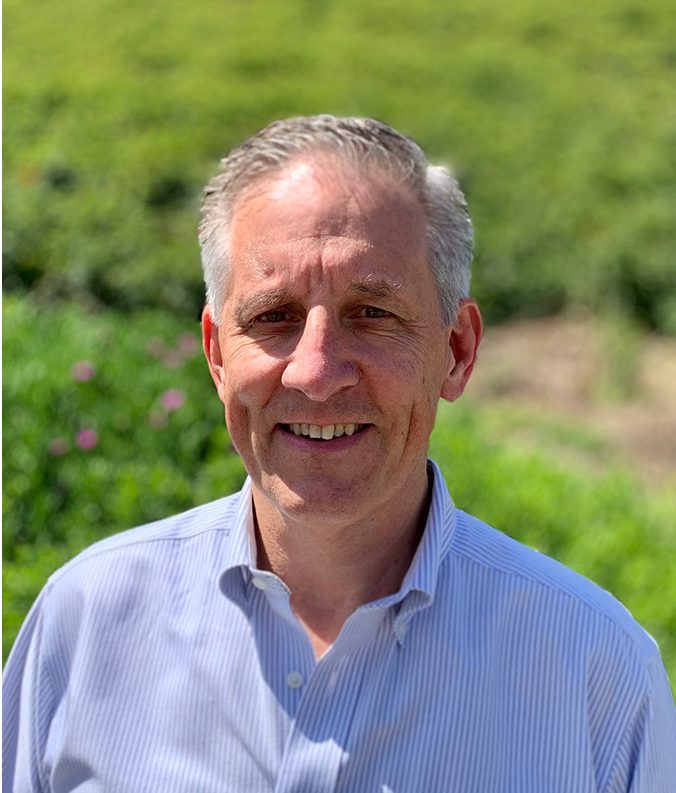
Business economics alumnus applies critical thinking to logistics industry

As a College of Wooster student from the east coast, Paige Cotcamp ’82 remembers limiting his calls home from Holden Annex because of the expense. Today, he calls all over the world routinely as president of Air & Surface Logistics, supporting businesses worldwide. He sees this as mark of the times but also as one of the ways the world becomes smaller through a broader world view—an increased perspective he began to develop as an undergraduate student at Wooster.
“My education at Wooster instilled a global perspective to my thinking and taught me to analyze business issues, and life in general, at a more macro level. That is especially valuable in logistics, where it becomes apparent, really quickly, that the world is a very small place,” Cotcamp said. “My staff and I deal with people in far off corners of the world. You probably can’t throw a dart at a world map and hit a place where I don’t know someone.” Cotcamp describes his company at a “boutique FedEx.” He has taught his staff to approach their work not as simply moving freight, but to serve as problem solvers for people with problems in unique transportation needs, moving goods such as film, medical supplies, or industrial equipment worldwide through relationships in via air, ocean, and ground freight. Being able to analyze their needs see from multiple perspectives helps Cotcamp and his team to “find the most efficient ways to add value for the customer,” he said.
Recruited to play football and lacrosse at Wooster, Cotcamp found “a place where the athletic commitments didn’t overwhelm the academic commitments,” he said, adding “A quality education like the one I received at Wooster has the ability to teach people how to think not what to think. My professors didn’t just teach microeconomics or intro to geology, they taught me how to think. It has been an invaluable life skill.”
Being able to think critically and consider multiple perspectives has become increasingly important for Cotcamp as his company has worked with clients to overcome the challenges due to the coronavirus pandemic. “It’s dramatically reduced the available options we have to offer our customers,” he said. For example, he explained that the cancellation of nearly all international passenger flights, where they would typically move air freight, has increased prices by 600-800% in some markets. Despite the cost, due to the high demand, they’ve worked with partners to “import emergency air shipments of PPE [personal protective equipment] for medical professionals and first responders, since the crisis began. It has required some real creativity.”
In addition to challenges with air freight and other channels, like most companies and organizations, Cotcamp and his staff pivoted to working entirely from home but gratefully found the transition seamless. “While we miss the camaraderie of the office, we’ve found that in some ways, we’re almost more efficient working remotely,” he said, noting that the industry is truly all about communication. “We work with people around the world on a daily basis. The politics quickly get swept aside, and it’s really about solving problems and personal relationships. People have a lot more in common than they have in difference and this job magnifies that.” Cotcamp credits Wooster for first preparing him to understand such different viewpoints. “Wooster gave me a broader worldview through its curriculum and the overall student body experience. It taught me to evaluate issues critically and globally, not through the lens of my midwestern upbringing,” he said. “Wooster prepares you well to be a member of the world community, regardless of your chosen path in life.”
Posted in Alumni on June 16, 2020.
Related Posts
Related Areas of Study
Business Economics
Learn how economics and quantitative methods can be applied to contemporary problems in finance, management, and business with expert faculty mentors in a diverse department
Major

